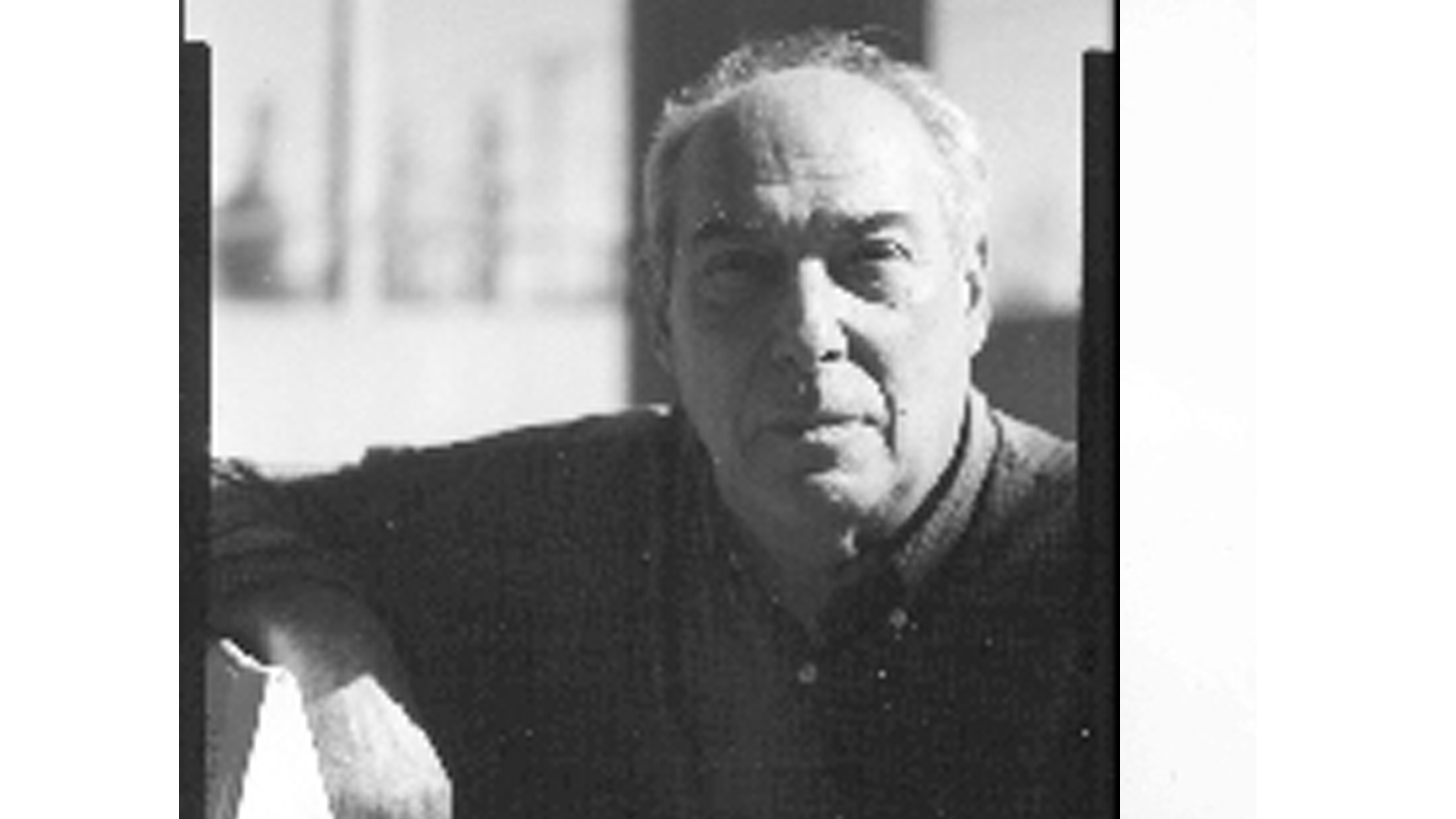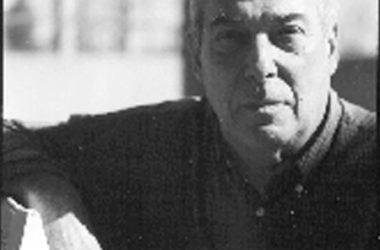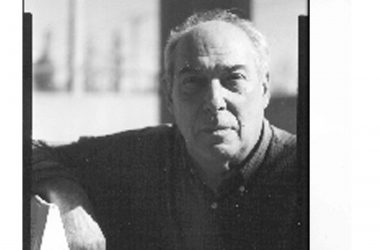A Palestinian friend, Leyla, who lives in Baltimore, wrote me recently:
My daughter is in the fifth grade. She came home from school and announced that her class was learning a song about “freedom.” The words to the song were as follows:
Oh sit down, please sit down
Why won’t you sit down, oh I can’t sit down
Why won’t you sit down, oh I can’t sit down
Why won’t you sit down, oh I can’t sit down
Because I just got to heaven and I will look around
Who’s that yonder dressed in white
Looks like the children of the Israelites
Yes, yes, yes my Lord.
etc.
Two
years ago the kids sang a song from Israel, Zum Gali, Gali. There seems
to be a concerted effort at the elementary school level to brainwash
the kids and whitewash Israel. My daughter is distressed and conflicted.
She asked her teacher if they could change Israelites to
Palestinianites!!!
I am tired. They are relentless.
How can they get away with this biblical stuff in a public school? I
don’t want these Zionist myths taught to my daughter. I would also like
to keep religion where it belongs, in churches, synagogues, temples and
mosques. I would like your help in figuring out what to do about this.
I wrote back as follows:
Dear Leyla,
As
you probably know, the black people under slavery and freedom
identified with the story of the biblical Israelites’ flight from
bondage. That identification was expressed in folklore and song, the
most famous example being Go Down Moses (“When Israel was in Egypt land,
Let my people go…”). The song you quote was used in the civil rights
era to encourage participation in the sitdowns.
The problem is the mixing up of biblical Israelites with Zionist settlers. For black Americans the issue never was a matter of blood but of condition, and even today they are able to see through Zionist propaganda and sympathize with the Palestinians. What they see others can see, with a little help.
Your daughter grasped the essence of the situation, that the Palestinians are the modern counterpart of the biblical children of Israel, captives of the modern Pharoah. Why not ask the teacher to preface the song with an explanation that the Israelites in the song are not the Israelis of today? You might offer to provide the present context, explaining for whom the song is most meaningful today. Also, you might offer to teach them a song of the modern Palestinian struggle for freedom. It will be interesting to see if the teacher agrees. If she refuses, then it will be an indication that there is a different kind of problem.
By the way, I know that the Bible stories are false. That does not bother me. Most national stories are based on myth. (Think of the tale of the twin boys who were suckled by a mother wolf and founded Rome.) If you ever hear Paul Robeson sing Go Down Moses you will agree that sometimes it is futile to insist on historical accuracy. I prefer to ask, whom does the myth serve?
I agree with you entirely on Zum Gali Gali, which was written to celebrate the establishment of the State of Israel. They might as well sing the Horst Wessel song or Dixie.
I share your concern about religion in the schools, but I also understand that human strivings for justice have often taken a religious form. Besides, it is hopeless to try to exclude religion from the schools: so long as there are math tests there will be religion in schools. I doubt the reference to heaven will do your daughter any harm.
Although I disagree with you about the song, I think I understand how you feel, and I think that if you feel strongly you should go ahead. You have a right to be heard, and to demand that your point of view be part of the conversation.
Noel
After reflecting, Leyla wrote the principal acknowledging the origin of the song in the African-American church and freedom movement but explaining why she objected to it nevertheless, pointing out the irony of teaching about freedom through sympathetic references to an occupying power, and objecting to its religious content. The principal replied that she understood and would look into it.
There matters stand.
Send comments to [email protected]. Indicate if they are intended for publication.



